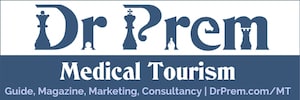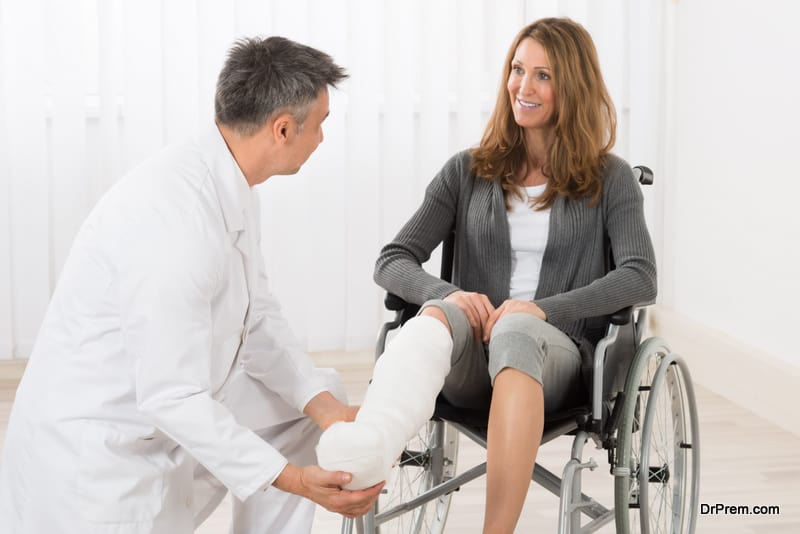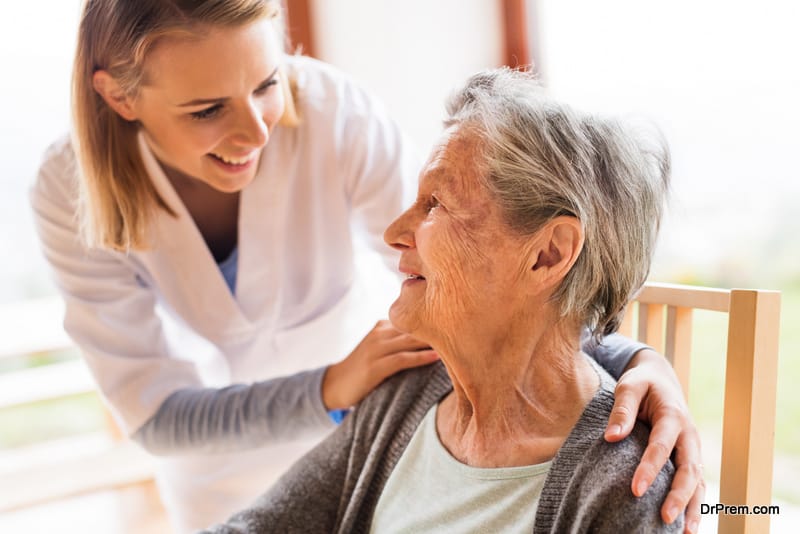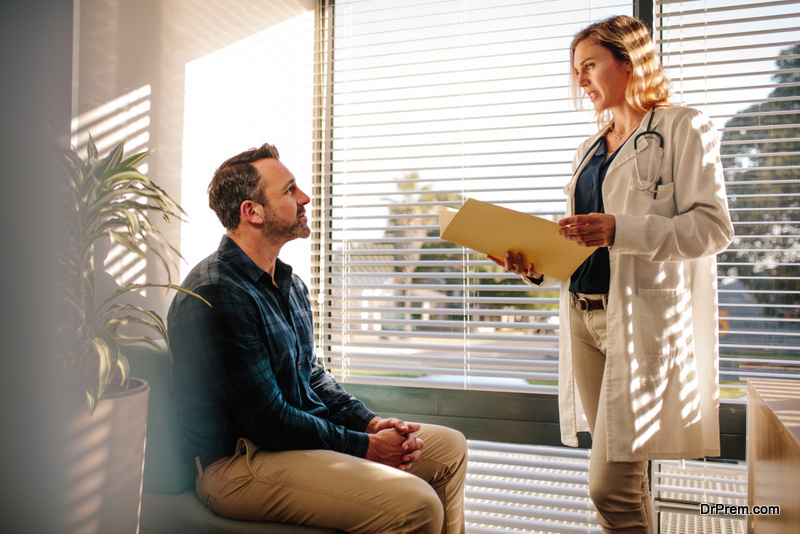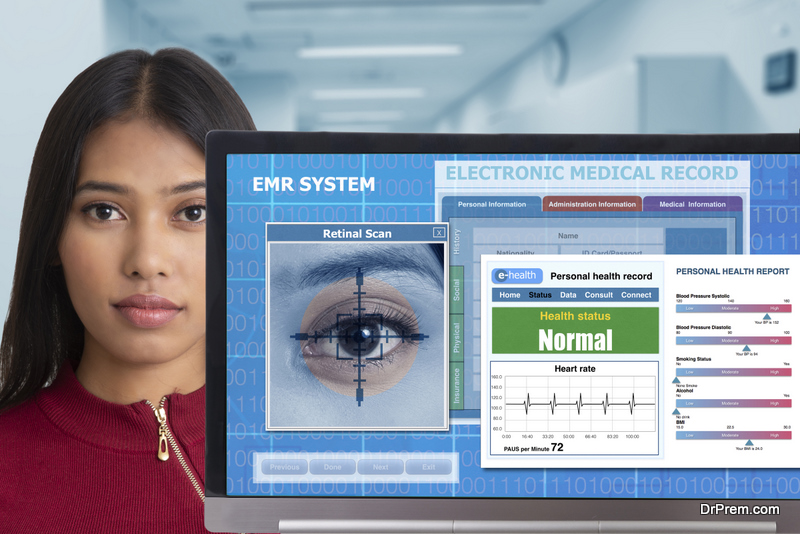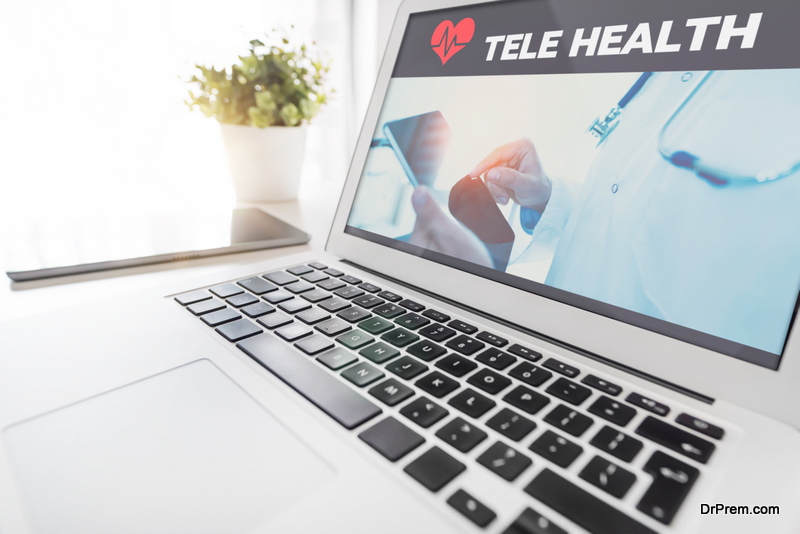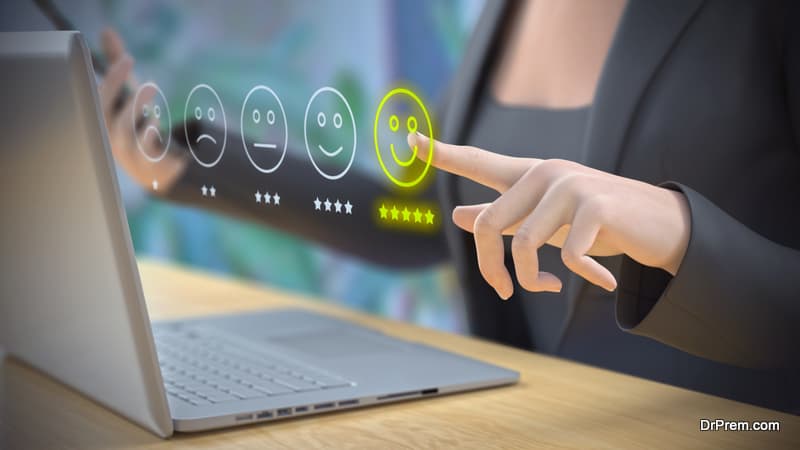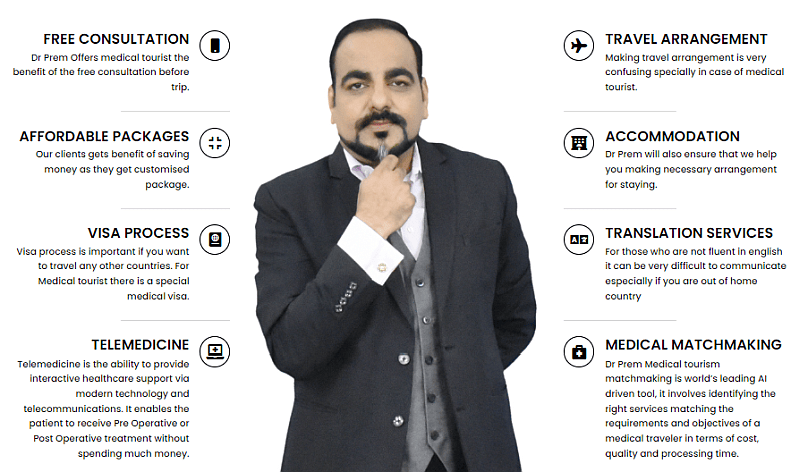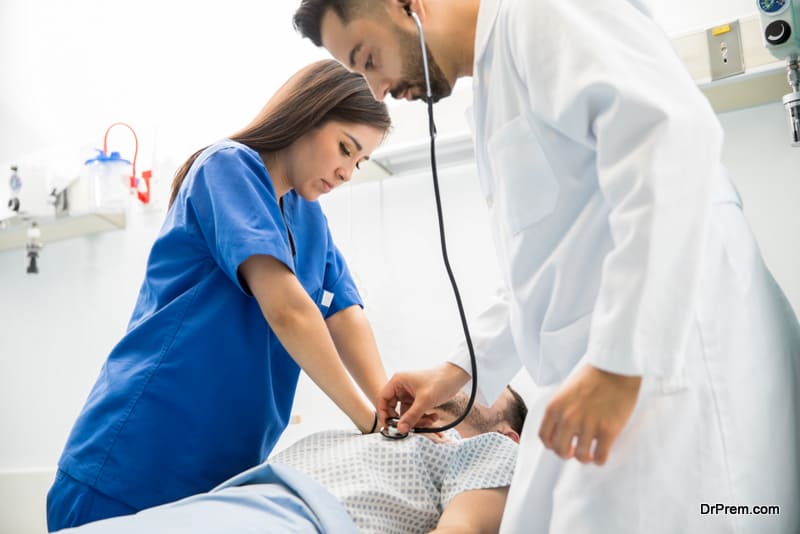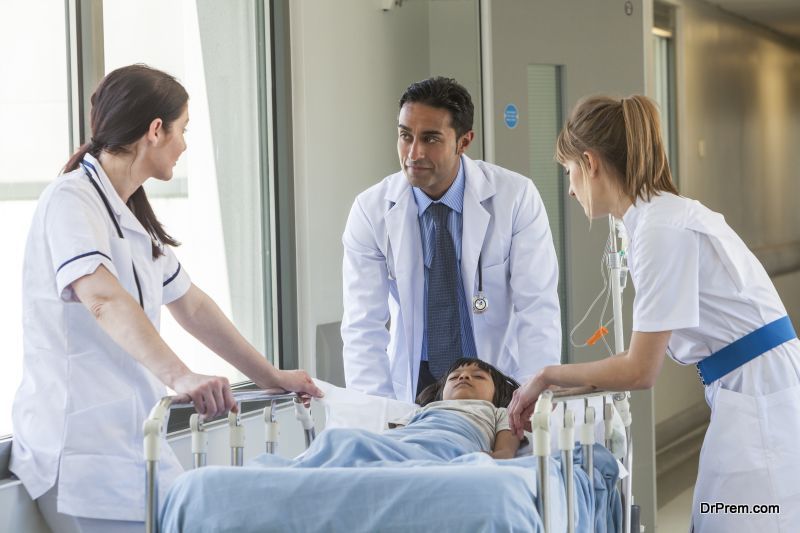Patient engagement in medical tourism is more than a buzzword; it’s a pivotal approach to ensuring patient satisfaction and successful health outcomes. Unlike traditional healthcare settings, medical travel introduces unique challenges and opportunities in cultivating patient engagement. It’s imperative to understand that patient engagement in this context is a dynamic process where patients actively participate in their care, transcending geographical and cultural boundaries.
In this guide, you will learn about:
A Guide on Understanding Patient Engagement in Medical Travel by Dr Prem Jagyasi– Important Factors, Role of Caregiver and Facilitators, Technology, and Others
-
The Essence of Patient Engagement: Communication, Trust, and Empathy
-
Empowering Patients: Beyond the Healthcare Provider’s Role
-
Active Listening and Acknowledgement: Keys to Patient Engagement in medical tourism
-
The Importance of Patient-Caregiver Cooperation
-
Access to Information: A Pillar of Patient Engagement in Medical Tourism
-
Navigating Cultural Sensitivity: Bridging the Gap in Patient Engagement in Medical Tourism
-
Technology as an Engagement Tool: Connecting Patients and Providers
-
Fostering Emotional Support: The Role of Peer Networks and Communities
-
Leveraging Patient Feedback: Continuous Improvement in Healthcare Services
-
Transform your patient engagement in medical tourism with Dr Prem
The Essence of Patient Engagement: Communication, Trust, and Empathy
The cornerstone of patient engagement lies in the triad of empathy, trust, and respect between the patient, caregiver, and healthcare provider. This relationship is not just about medical transactions but about building a connection that reassures patients of their control over their health journey. Empathy, particularly in a foreign medical setting, helps in bridging cultural and emotional gaps, fostering a sense of comfort and understanding.
Empowering Patients: Beyond the Healthcare Provider’s Role
While healthcare providers play a critical role in patient engagement, it’s a shared responsibility. Effective patient engagement relies on a robust collaboration between all healthcare entities. This involves encouraging patients to be well-informed about their conditions, treatments, and the healthcare system of the country they are traveling to. Empowerment comes from not just receiving care but understanding and participating in the care process.
Active Listening and Acknowledgement: Keys to Patient Engagement in medical tourism
Healthcare professionals can enhance patient engagement by actively listening and acknowledging their patients’ physical and emotional states. This approach helps in making the patients feel valued and understood, paving the way for them to take charge of their health proactively. Active listening also involves addressing any concerns or doubts, especially important in the context of medical travel where patients might feel overwhelmed by unfamiliar environments and systems.
The Importance of Patient-Caregiver Cooperation
For patient engagement to be effective, there must be a mutual understanding and cooperation between patients and caregivers. Patients should be encouraged not to distance themselves from their caregivers, as this collaboration is crucial for their recovery and overall well-being. Engaged patients are those who utilize educational materials to understand their health conditions better and are active participants in their healthcare decisions.
Access to Information: A Pillar of Patient Engagement in Medical Tourism
Providing patients with unfettered access to medical records and reports is essential in medical travel scenarios. This transparency not only builds trust but also enables patients to make informed decisions about their care. Regular updates on their health status empower patients and allow them to engage in meaningful dialogues with their healthcare providers, even challenging decisions when necessary.
Navigating Cultural Sensitivity: Bridging the Gap in Patient Engagement Medical Tourism
In medical tourism, where patients often face cultural issues, sensitivity and understanding of diverse cultural backgrounds become crucial. Healthcare providers and caregivers must be equipped to navigate these differences to ensure that patients feel respected and understood.
This involves being aware of cultural norms, language preferences, and health beliefs that might influence a patient’s approach to treatment and care. Culturally sensitive patient engagement not only improves the patient experience but also helps in building a rapport that transcends cultural barriers, crucial for successful medical outcomes.
Technology as an Engagement Tool: Connecting Patients and Providers
The use of technology in medical tourism has opened new avenues for patient engagement. Telemedicine, patient portals, and health apps provide patients with continuous access to their healthcare providers, medical information, and support, regardless of geographic location.
These technological tools can play a significant role in empowering patients by offering them convenient access to consults, medical records, and health education. They also facilitate real-time communication, essential for patients traveling abroad for medical care, ensuring they remain connected with their healthcare providers before, during, and after their medical journey.
Fostering Emotional Support: The Role of Peer Networks and Communities
Creating opportunities for patients to connect with peer networks and communities is another vital aspect of patient engagement in medical tourism. Patients often find comfort and support in sharing experiences with others who have undergone similar health journeys.
Healthcare providers can facilitate these connections by creating support groups, online forums, or connecting patients with former medical tourists. This peer support system not only offers emotional comfort but also provides practical advice and insights, enhancing the overall patient experience in medical travel.
Leveraging Patient Feedback: Continuous Improvement in Healthcare Services
Actively seeking and incorporating patient feedback is fundamental to enhancing patient engagement. This feedback, especially from medical tourists, provides valuable insights into the effectiveness of healthcare services, communication strategies, and patient support systems.
Healthcare providers should establish mechanisms for collecting and analyzing patient feedback, using it to make informed improvements. This iterative process ensures that healthcare services are aligned with patient needs and expectations, fostering a culture of continuous improvement and patient-centric care.
In conclusion, patient engagement in medical tourism is not just beneficial but necessary for the success of healthcare outcomes. It requires a concerted effort from all parties involved – healthcare providers, patients, and caregivers. By focusing on empathy, effective communication, and cooperation, we can ensure that patients feel empowered and in control, leading to more positive health experiences and outcomes in the realm of medical travel.
Transform your patient engagement in medical tourism with Dr Prem
As a renowned medical tourism advisor, Dr. Prem and Associates offer expert medical tourism consultancy to enhance patient engagement. Benefit from Dr. Prem’s extensive experience and tailored strategies that focus on cultural sensitivity and technological innovation. Elevate your healthcare service’s patient satisfaction and outcomes. Book a one-on-one consultation now to transform your patient engagement approach with Dr. Prem’s proven expertise.
